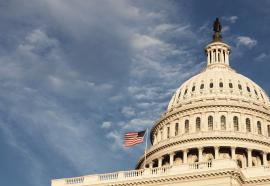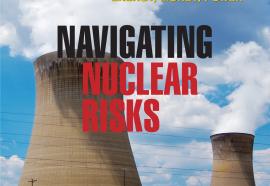Demonstrating the Smart Grid
Pilot projects clarify the vision of an intelligent utility system.
Pilot projects are bringing the future vision of the grid to life. Whether leveraging existing systems or rebuilding entire networks in a Big Bang rollout, new technology applications suggest an intuitive electrical network may not be far off.









